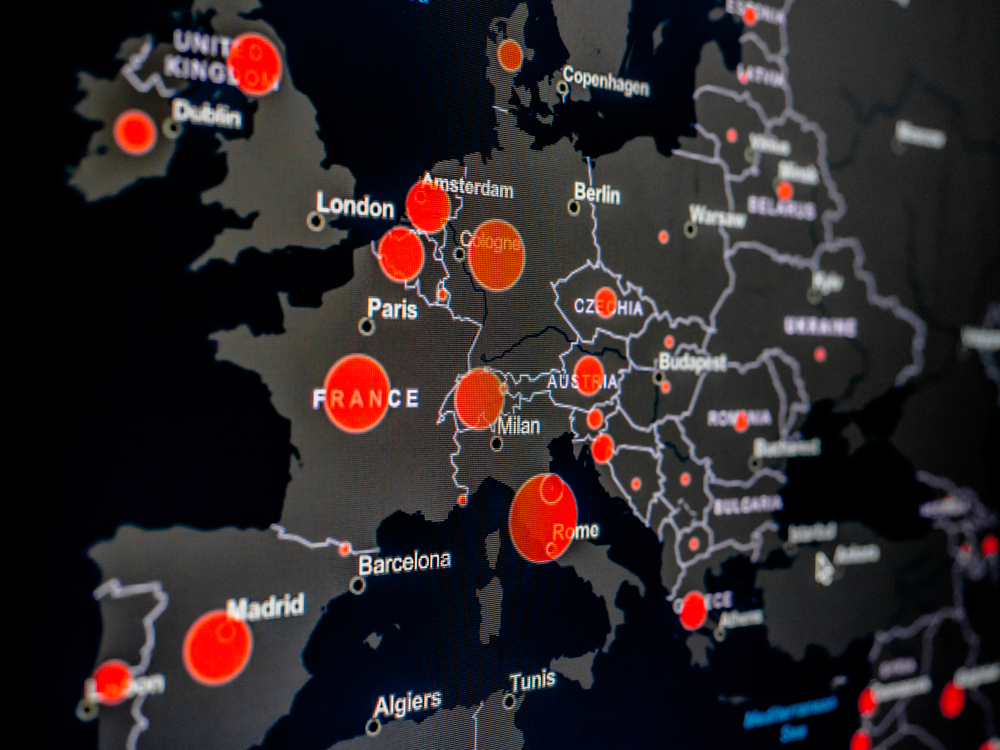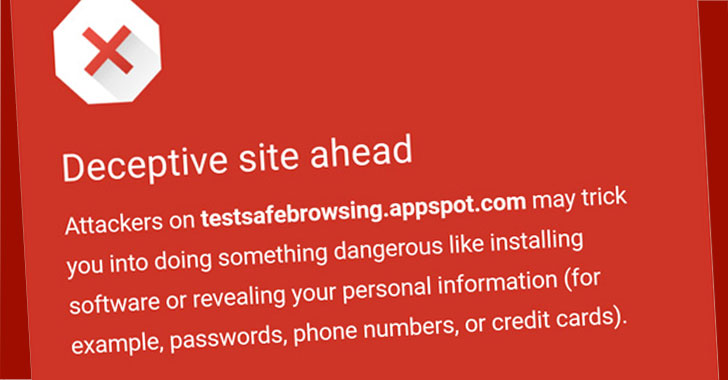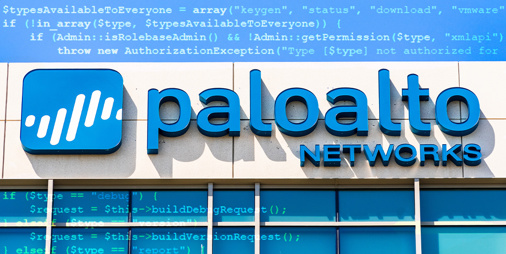Lately, we have unfortunately witnessed cyber incidents where hackers do not hesitate to endanger human lives if it benefits them. The attacks on industrial systems have proven this point pretty clearly.
Healthcare organizations are still struggling to keep their patients’ confidential data out of the reach of hackers. Especially in the era of COVID-19.
In a tweet on February 11, the Center Hospitalier de Dax-Côte d’Argent revealed that it had fallen prey to a cyber-attack and was trying to restore systems that included the telephone switchboard.
With over 20,000 additional victims tricked since the new campaign began on February 11, it appears that is now also targeting British users, as about 75% of the new victims are based in the UK.
A built-in security-focused feature in the Safari browser, “Fraudulent Website Warning,” alerts users about dangerous websites that have been reported as deceptive, malicious, or harmful.
Several versions of the product are affected by a high-severity (important) command injection vulnerability that can be exploited by a hacker with admin privileges to execute shell commands.
“Using these vulnerabilities, an attacker can gain access to sensitive data, disrupt the availability of firewall components or gain access to internal network segments,” the researchers warn.
Businesses and consumers are relying on the voice call more than ever during the pandemic with voice traffic up 184% in 2020 compared to 2019, according to a Hiya report.
The hacking group TeamTNT introduced a new piece of malware with an improved ability to steal Docker credentials. It was found exploiting Kubernetes systems.
Siemens has mitigated 21 vulnerabilities in two of its virtualization software tools that, if exploited, could enable attackers to gain remote control, exfiltrate data or cause systems to crash.









